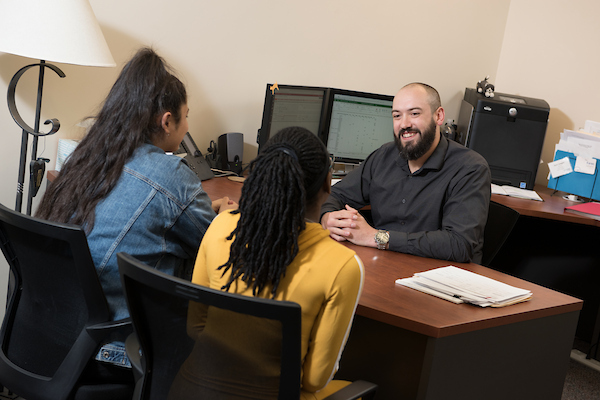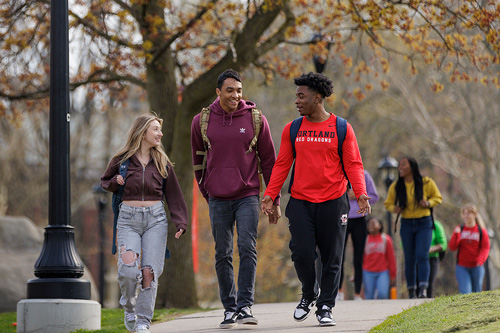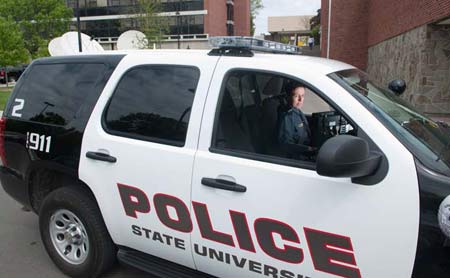Tuition

SUNY Cortland offers exceptional value for the investment you make in your future. In 2019, Cortland was the highest-ranked of all SUNY comprehensive colleges on Money magazine’s best value list. You’ll be pleased to discover our reasonable costs for tuition, fees, living expenses, books and transportation.
Financial aid

The Financial Aid Office provides a range of financial aid services. Make this your first stop when looking for state or federal resources to help you fund an affordable education. Nearly 80 percent of SUNY Cortland students receive some form of financial aid.

